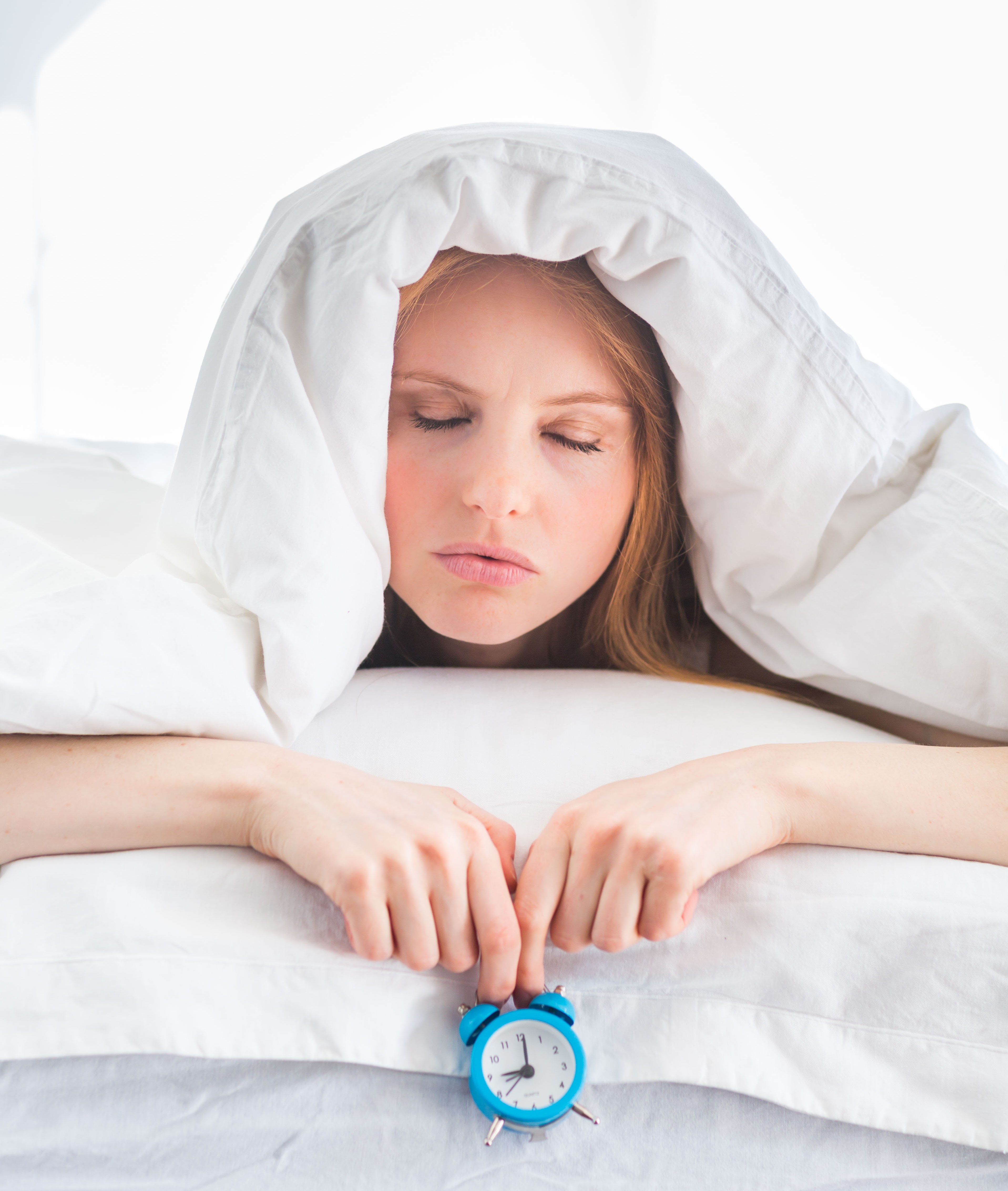March 13 marked World Sleep Day and it may seem comical to have a day dedicated to raising awareness about sleep, but it might just be worthwhile.
Official figures show that less than 15 per cent of young people wake up feeling fully rested, a concerning statistic because low quality sleep impacts everyday performance at university and in the workforce.
It is no secret that students dread the 9am lectures and that half of us are asleep through them, but the same figures also suggested that our inability to fully function in the morning might not be down to laziness – technology is partly to blame.
We have all likely been told off by an authority figure for our use of technology in the bedroom. The scolders have a point.
The survey, carried out by Turtle Mat, also showed that more than two thirds of those aged 18-24 would use their phone or laptop just before bed – allowing little to no time for the brain to wind down before going to sleep.
Dr Michael Oko, consultant ENT surgeon and founder of the Snoring Disorders Centre said those glued to electronic devices before bed are running the risk of major long-term health effects including obesity, diabetes, heart disease and some cancers.
Dr Oko said: “We are yet to see the true long term impact on the younger generation of this recent advancement in technology.
“These devices emit blue light which stimulates the brain…This has the effect of resetting your body clock (circadian rhythm) and sleep cycle. If you do not get enough quality sleep you cannot perform at your best the next day.”
Earlier this week The River spoke to a student who struggled with insomnia and he explained how the severe sleep deprivation made him drop out of university and turn to drugs to get through the day.
The student is but one of hundreds who are struggling to get a good night’s sleep and Rebecca Wilson, the marketing manager at Turtle Mat, said she hoped their research would map out the health impact of our pre-sleep habits.
Wilson said: “We set out to explore if people were taking enough time to relax and the reasons they don’t, but once we got started a much more worrying trend started to emerge amongst the younger generation.”
Dr Oko said that measures could be taken to ensure good quality of sleep in a 24/7 society: “It is essentially “powering down” your mind so it can go into ‘Sleep Mode.’ Turn off your devices 2-3hrs before you intend to sleep.”
The sleep expert also advised that technology had nothing to do in the bedroom and gave advice we should be happy to embrace as students: “Your bedroom is only for two things; sleep and sex!”

